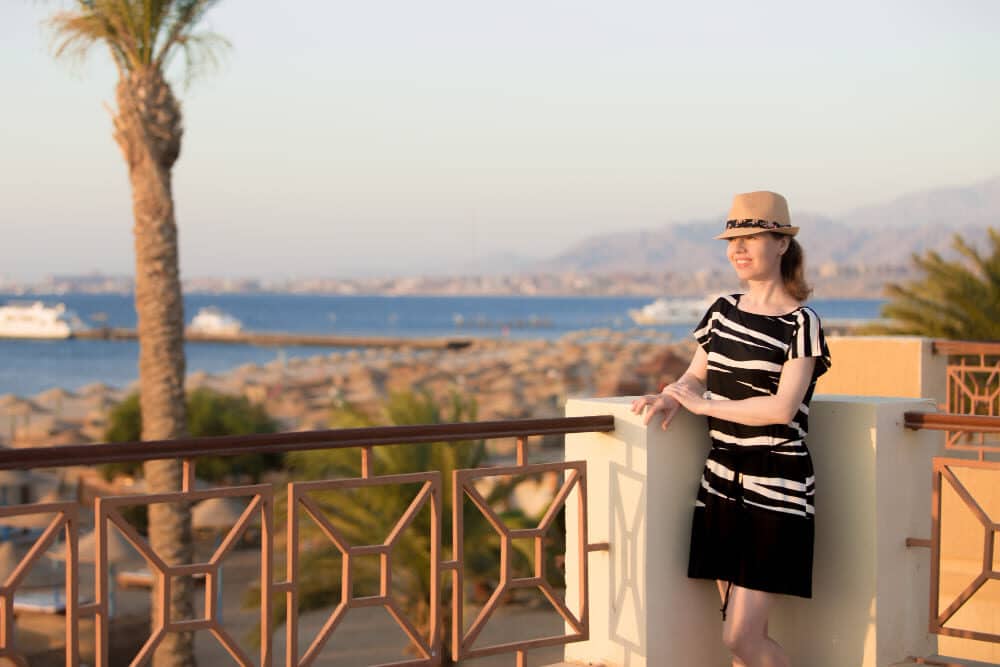
The rise of tourist rentals has brought with it new regulations and obligations for accommodation owners and managers. One of the most relevant in Portugal, and specifically in the popular Algarve region, is the implementation of the Tourist Tax . This tax, designed to support the sustainability and development of the local tourism sector, directly affects the operations and pricing strategy of any accommodation business. In this article, we'll break down everything you need to know about the tourist tax in the Algarve.
Content
The Tourist Tax , also known as the tourist tax or ecotax , is a municipal tax levied on tourists for each overnight stay in accommodation establishments. Its main objective is to generate funds for investment in tourism infrastructure, the improvement of public services, destination promotion, the conservation of cultural and natural heritage, and the environmental sustainability of areas with high visitor numbers. In this way, the aim is to balance the impact of tourism with the benefits for local communities and the tourist experience.
Although its implementation has been gradual and has generated debate, most established tourist destinations, both in Spain and Portugal, have opted for this measure to finance key projects that directly benefit the sector. It is a tool that allows municipalities to invest in the quality and competitiveness of their tourism offerings over the long term.
The Algarve is one of the most visited regions in Portugal, and several of its municipalities have implemented or are in the process of implementing a tourist tax. It is crucial for managers to understand the specifics of each location where they operate, as regulations may vary slightly.
Currently, several municipalities in the Algarve already apply this tax, and others are evaluating or implementing it. The most notable include:
It's essential to check the current situation in the specific municipality where your accommodation is located, as decisions are made at the local level.
The tourist tax in the Algarve typically ranges from €1 to €2 per person per night . However, an important aspect to consider is seasonality . Many municipalities apply:
The maximum duration of the tax is also a common factor; typically, it applies only to the first seven consecutive nights of a stay per person. This means that if a guest stays more than seven nights, they will only pay the tax for the first seven.
Not all guests are required to pay the tourist tax. Generally, the following exemptions apply:
It is the property manager's responsibility to understand and apply these exemptions correctly, requesting the relevant documentation when necessary. This is part of maintaining proper regulations and legality in the management of your business.
For owners and managers of any type of tourist accommodation (hotels, aparthotels, tourist apartments, hostels, etc.), the tourist tax entails a series of unavoidable obligations:
Accommodation establishments are legally required to collect the tourist tax from guests subject to it. This must be collected at check-in or during the stay, and always before check-out. It is crucial that the tax amount appears separately on the invoice or receipt given to the guest.
It's essential to inform guests about the tourist tax, its amount, the conditions under which it applies, and any possible exemptions. This information should be clear and available on booking platforms (if you use them), on your own website, and at the property (e.g., at the reception desk or on a visible sign).
Once collected, the fee is not part of the accommodation's revenue. The funds must be declared and remitted periodically (usually monthly or quarterly) to the appropriate municipal authority. Each municipality may have its own platform or procedure for this declaration and payment, which may involve:
Failure to comply with these obligations can result in significant fines and penalties, so it is vital to keep accurate records of all overnight stays and the amounts collected.
Managers must keep detailed records of overnight stays, charges made, and exemptions applied, including supporting documentation where applicable. These records may be requested by municipal authorities at any time for audits or verification purposes.
The tourist tax is not only a legal obligation, but it also has an impact on the management of tourist accommodations and how guests perceive the cost of their stay. It is important to:
Although it represents an additional cost for tourists, most understand its purpose if properly communicated. The key is transparency and efficient internal management to avoid errors and unexpected costs.
Managing a tourist accommodation in the Algarve involves complying with multiple regulations, from the tourist tax to registering travelers with authorities . Digital tools like Check-in Scan can be your best ally. While Check-in Scan specializes in automating the submission of traveler reports to SES Hospedajes (SEF in Portugal), its focus on digitalization and regulatory compliance provides you with a solid foundation for managing other obligations.
Centralized and automated management of your guest data facilitates not only the registration process but also the collection of information that may be relevant for reporting the tourist tax. By reducing the administrative burden of traveler registration, you free up time to focus on other obligations, such as the tax, and ensure your business is always aligned with current regulations and laws.
This is a reality that accommodation owners and managers must embrace with professionalism and knowledge. Although it adds a layer of complexity to management, its purpose is to contribute to the sustainability and improvement of the tourist destination we all share. Stay informed about your municipality's specific regulations, be transparent with your guests, and use the right tools to simplify the management of all your legal obligations.
Don't let regulatory complexities hold you back. Streamline your Algarve accommodation management and comply with all regulations simply and efficiently! Try Check-in Scan today and experience the peace of mind that comes with having your legal obligations under control, including guest registration, and spending more time on what truly matters: your guests' experience.